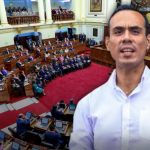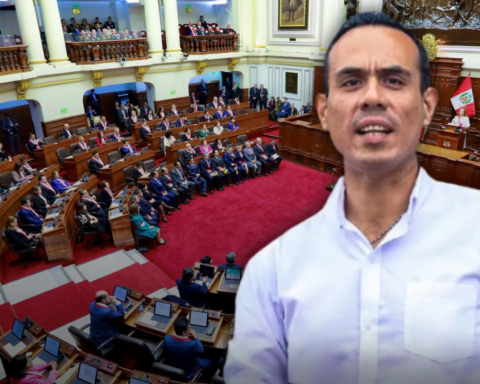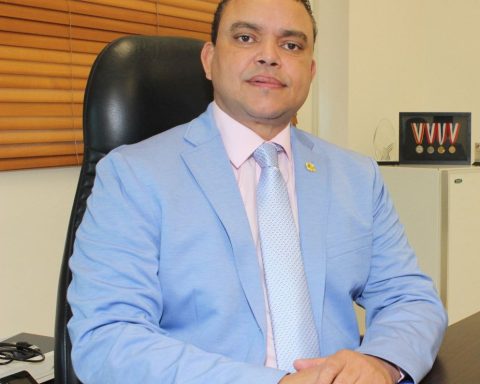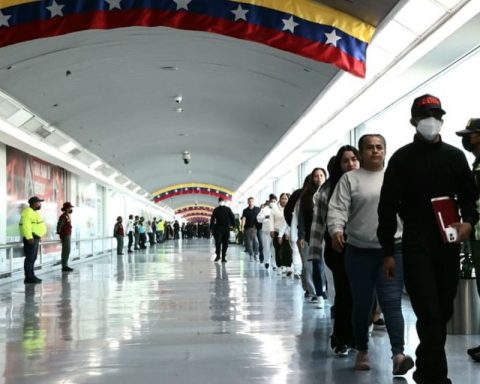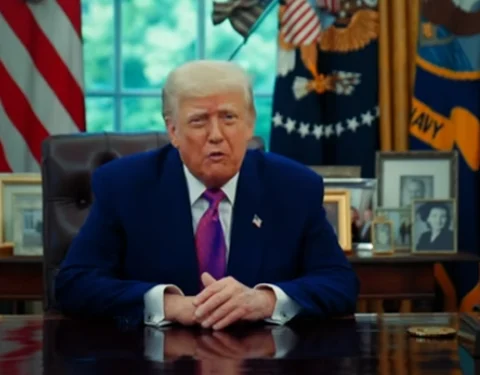
The plenary of the Constitutional Convention approved to establish in Chile the norm of Legal Pluralism. The formula, which has had right-wing conventionalists among others as its main detractors, allows the creation of indigenous courts and maintains that the law will determine the mechanisms for coordination, cooperation and resolution of conflicts of jurisdiction between indigenous legal systems and state entities. .
The initiative, part of the replacement report of the Justice Systems Commission, was approved by 113 votes in favor, 39 against and two abstentions. In detail, it states that “the State recognizes the legal systems of the Indigenous Peoples, which by virtue of their right to self-determination coexist coordinated on an equal level with the National Justice System. They must respect the fundamental rights established by this Constitution and the international treaties and instruments on human rights to which Chile is a party”.
You may also like:
After its approval, Vanessa Hoppe, the 21st district attorney and conventional, explained that the norm “means a great victory for the recognition of the free self-determination of peoples.” However, the wording that was reformulated did not leave everyone happy. It was rejected by conventionalists of Vamos por Chile, such as Ruggero Cozzi, who pointed out that there could be different rulings for similar acts, depending on whether one is from an original people or not.
Given the discrepancies and confusion, the lawyer and member of the Constitutional Convention, Mauricio Daza explained that the issue of indigenous justice systems simply involves “recognizing a reality”, in conversation with The Counter at La Claveclarified that “we are not creating something new, what we are doing is confirming, acknowledging and valuing that within the indigenous communities there is their own law that is applied day by day.”
“It is basically an expression of recognizing that Chile is a Plurinational State. In this context, in any case, what is pointed out is that this recognition has certain limits and those limits involve the unrestricted respect for Human Rights established in international instruments and the rights also enshrined in the Constitution”, commented the constituent of the Magallanes Region.
“This implies that there is going to be a control mechanism so that these limits are respected and it will be carried out by a specialized chamber of the Supreme Court,” added the jurist, revealing that there are other elements that must be added because what has been approved so far it is only the beginning.
It is worth mentioning that the truth is that the difference between the legal systems has not yet been defined. And the conventional defenders of legal pluralism emphasized that it is a principle and that later, the mechanisms and the respective organization will be seen.
The constitutional lawyer reported that there is some consensus, such as that the indigenous courts could rule on any matter —in the criminal sphere— “because they will also be a kind of mediation justice.” In this sense, Mauricio Daza told the community “not to look at this in a negative way.”
“The truth is that it is something that in practice is going to have a limited application and that it is not going to threaten the rights of people who are not part of the indigenous communities,” he assured, acknowledging that “many people mistakenly think that finally it is a way to obtain impunity for people who are members of indigenous communities and who are charged with serious crimes, for example in La Araucanía. That is what comes to mind for many people.”
The constituent Daza insisted that the indigenous courts will act, for example, in the face of a conflict between members of a community who will have the right to choose, always respecting human rights and establishing a mechanism that will take place in a special room of the Supreme Court, in addition restricted in terms of criminal law.
On other issues, but from the same commission, asked why it means an application of justice with a gender perspective, the lawyer Mauricio Daza pointed out that “it is linked to making visible that there is a situation where women are often the object of unfair treatment by her quality as a woman. And therefore it is a way of making a correction”. In any case, he argued that this principle is already applied today and that on the gender perspective it has been indicated by the judicial quorum that it is necessary to incorporate and that there is also training in this matter. “There has been a willingness on the part of the Convention to make this issue visible and point it out in the Fundamental Charter,” he concluded.
Mauricio Daza also addressed the regulations approved in the Environment Commission of the Constitutional Convention.
Check out the full program below.






